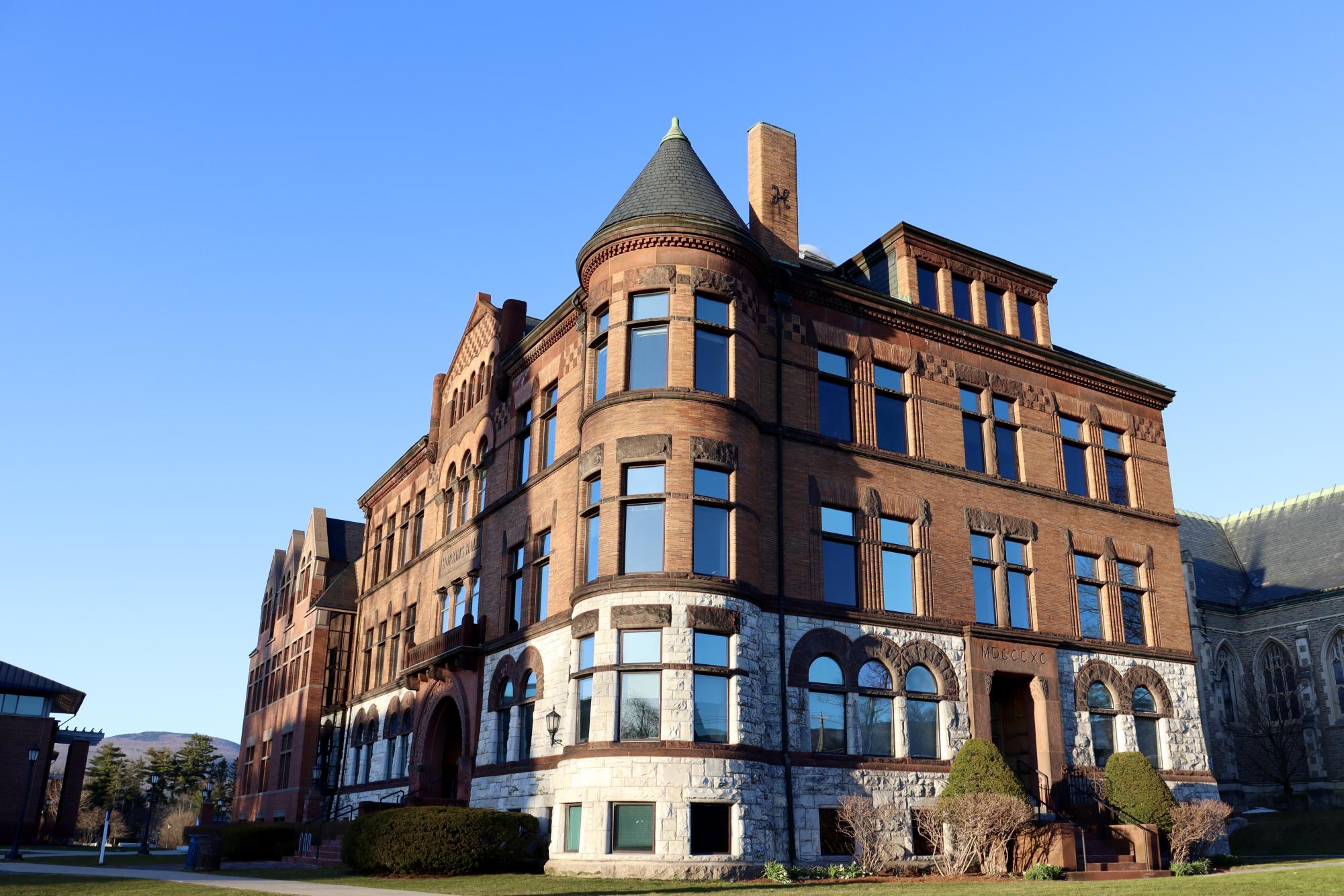
President Maud S. Mandel signed onto an open letter condemning “the unprecedented government overreach and political interference now endangering American higher education,” she announced in an April 22 all-campus email. The letter, titled “A Call for Constructive Engagement,” was issued by the American Association of Colleges and Universities (AAC&U) and had over 500 signatories as of publication, including the leaders of colleges, universities, and scholarly societies.
According to a statement published with the letter online, AAC&U and the American Academy of Arts and Sciences facilitated meetings among leaders in higher education to draft the open letter.
“On behalf of our current and future students, and all who work at and benefit from our institutions, we call for constructive engagement that improves our institutions and serves our republic,” the letter states. “We are open to constructive reform and do not oppose legitimate government oversight. However, we must oppose undue government intrusion in the lives of those who learn, live, and work on our campuses. We will always seek effective and fair financial practices, but we must reject the coercive use of public research funding.”
In a follow-up email to the Record, Mandel emphasized the importance of the relationship between institutions of higher education and the government. “Higher education — whether private or public — only functions if there is a partnership between our sector and federal authorities,” she wrote. “If the interconnection between our own work and that of the federal government crumbles, we can no longer achieve [the] goals [of contributing to the public good], and the country as a whole will be the poorer for it. Constructive engagement to reach those ends is what we’ve always had and what is essential to maintain.”
In her all-campus email, Mandel also highlighted the College’s place in a network of higher education institutions. “The AAC&U statement was specifically designed to unite the voices of a large number and variety of institutions,” she wrote. “It is important for Williams to be part of this broad-based project as a complement to our advocacy for the specific benefits of a liberal arts education.”
“I signed the letter because of the values it was promoting as well as my hope that by bringing together leaders from a wide array of types of institutions … we could make a stronger argument about the importance of the partnership between government and higher education than any one of us could do alone,” Mandel wrote to the Record.
“[The letter’s signatories] come from highly selective schools and open-admission community colleges, minority-serving institutions and religious schools,” she added. “This makes clear that no matter what kind or size of institution you represent, whether you’re in a red, blue, or purple state, whether you’re public or private — the values and mission of our work are shared. This collaboration across institutions is essential because supporting higher education is not a partisan issue.”














